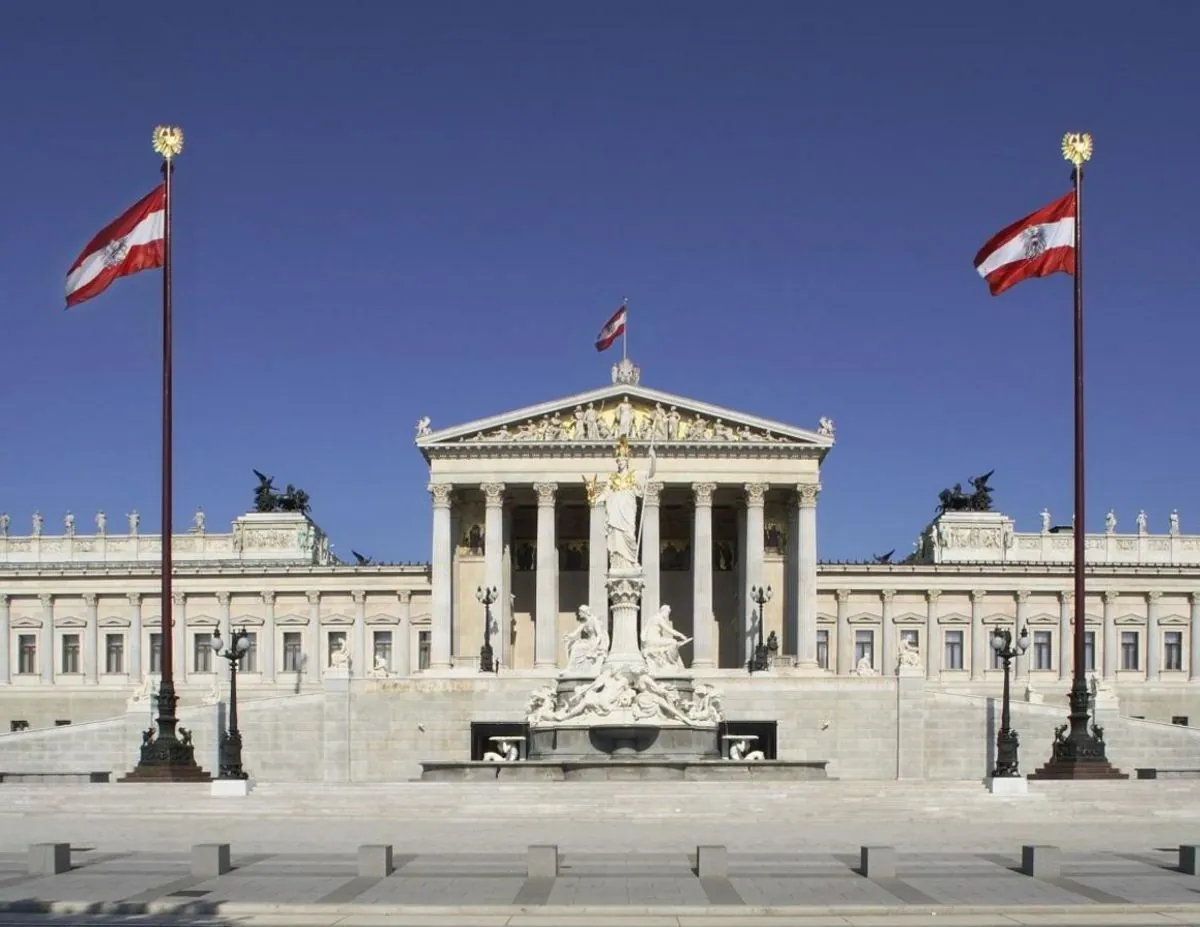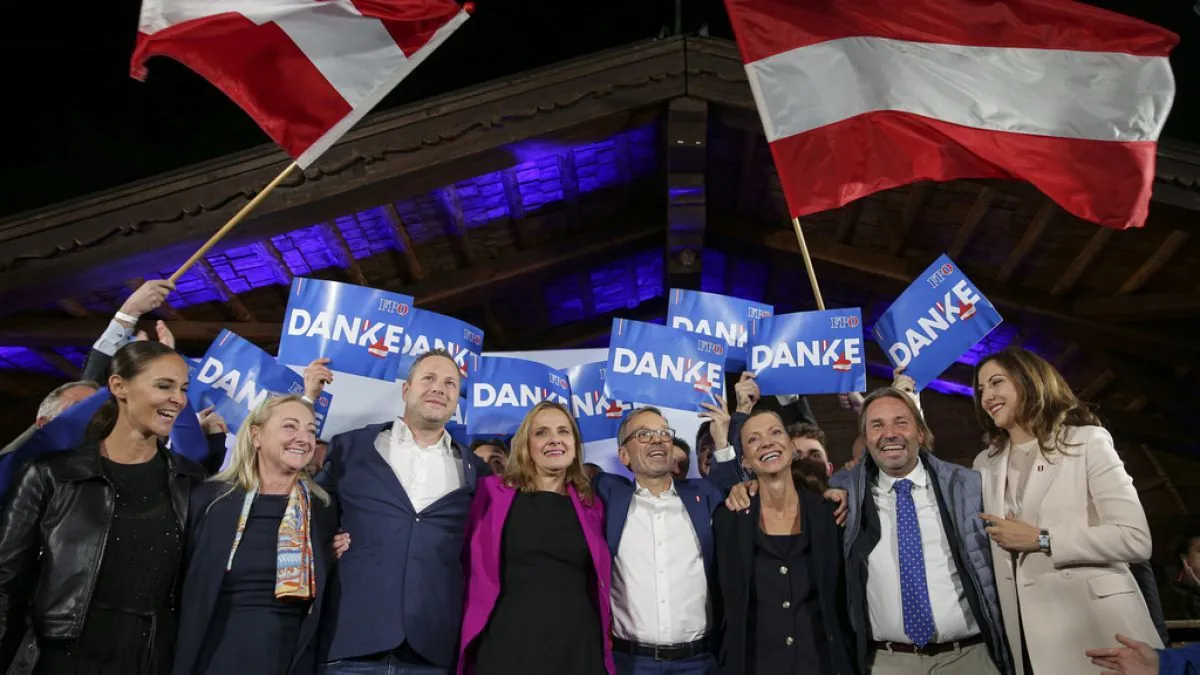Austrian Chancellor Urges President to Involve Far-Right in Coalition Talks
Following a far-right victory in Austria's recent election, Chancellor Nehammer calls on President Van der Bellen to task the Freedom Party with forming a coalition, adhering to political tradition.

In a significant political development, Karl Nehammer, the Chancellor of Austria and leader of the conservative People's Party, has called upon President Alexander Van der Bellen to formally engage the far-right Freedom Party in coalition formation talks. This request comes in the wake of the Freedom Party's victory in the parliamentary election held on Sunday, September 29, 2024.
Nehammer emphasized the importance of adhering to political customs, stating, "It is a good tradition that the winner of the election is tasked with holding sounding-out talks." This approach aligns with Austria's federal parliamentary system, which has been in place since the country's establishment as a republic.
Austria, a nation of approximately 9 million people, has a rich political history and a complex multi-party system. The country's parliament, consisting of the National Council and the Federal Council, plays a crucial role in shaping the nation's policies. Elections for the National Council occur every five years, reflecting the dynamic nature of Austrian politics.
The recent electoral success of the Freedom Party, founded in 1956, marks a significant shift in the political landscape. This party has gained prominence alongside the Austrian People's Party (ÖVP), established in 1945, which Nehammer currently leads.

Austria's political system is characterized by its federal structure, comprising nine states. The President, elected directly by the people for a six-year term, holds a key role in the government formation process. It is now up to President Van der Bellen to determine the next steps in coalition negotiations.
The outcome of these talks could have far-reaching implications for Austria's domestic and international policies. As a member of the European Union since 1995 and the United Nations since 1955, Austria maintains a position of neutrality, a status it has held since 1955.
While known for its stunning Alpine landscapes, which cover 62% of its land area, Austria is equally renowned for its strong economy, ranking among the most robust in the European Union. The country's rich cultural heritage, particularly in music and art, has produced numerous Nobel Prize winners, contributing to its global influence.
As the political process unfolds, all eyes are on Vienna, the capital and largest city of Austria. The decisions made in the coming days will shape the future direction of this Central European nation, balancing its traditional values with the challenges of modern governance.


































